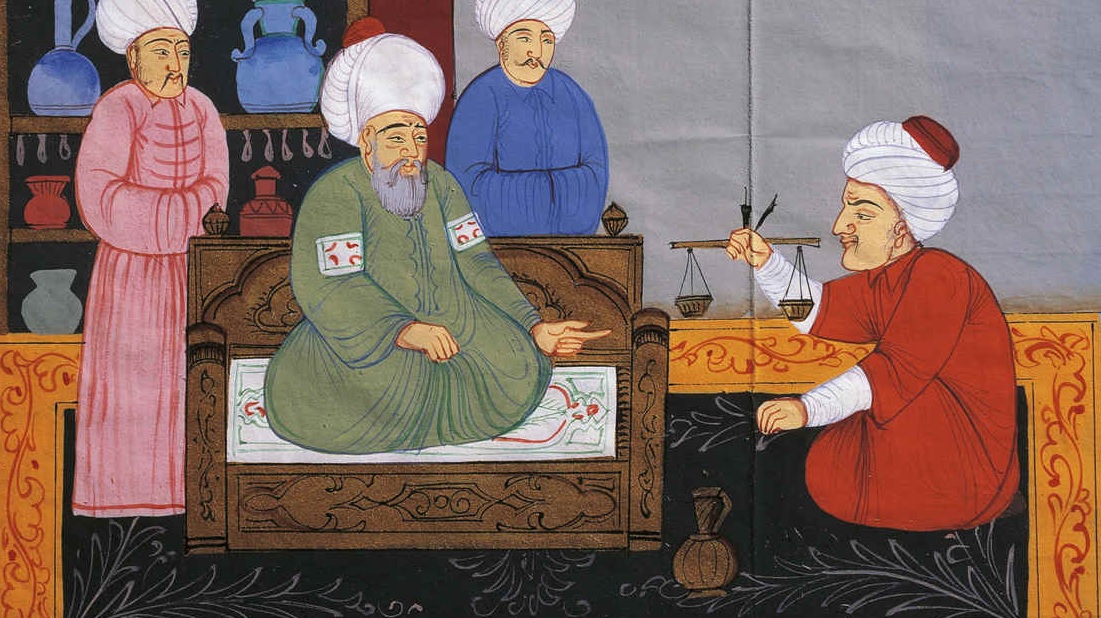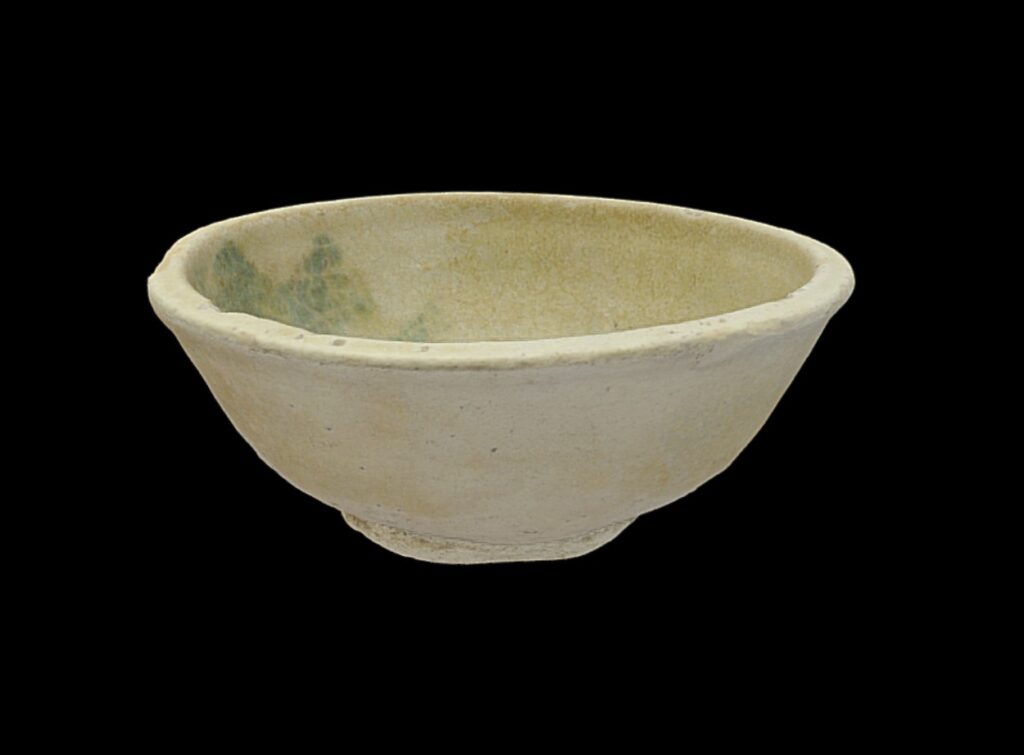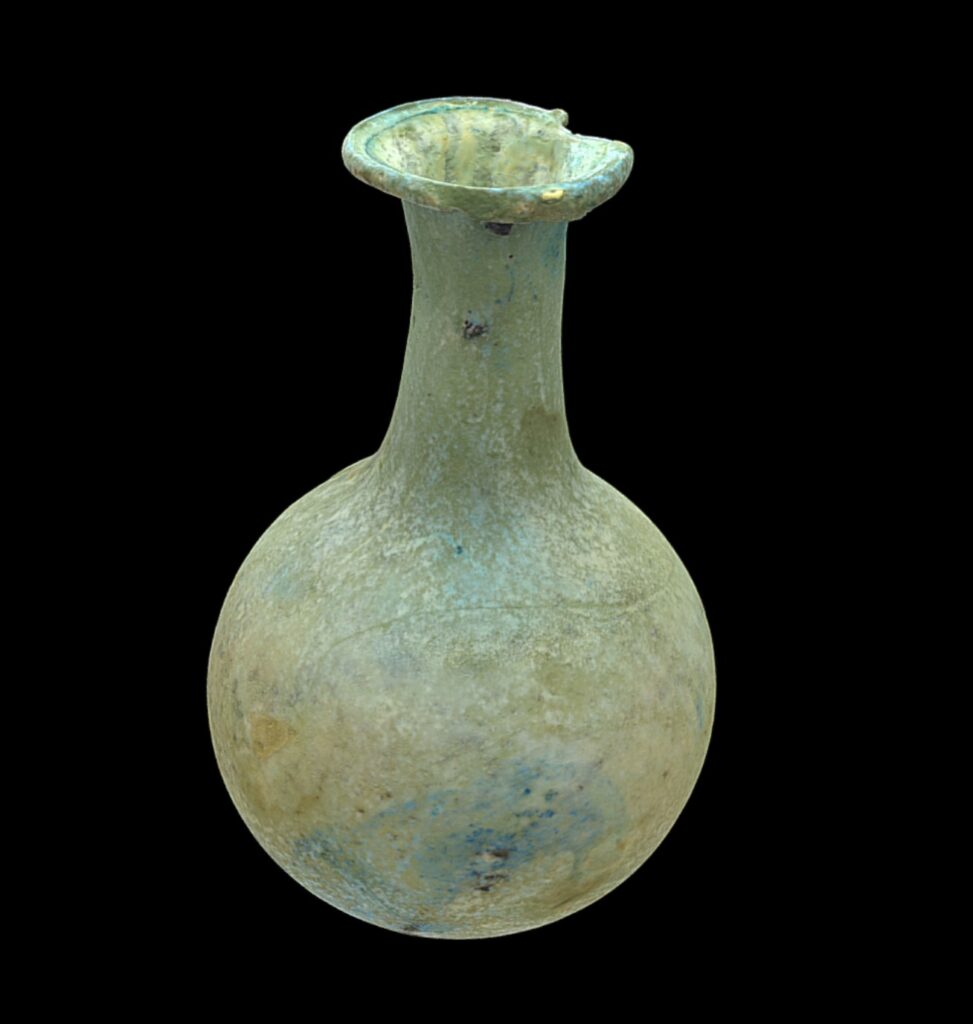Perfumery History

Qubrus – Cyprus – Chypre –
Qubrus Is our new parfum that we will be releasing shortly, and I thought it best that we share some perfumery history with you as Qubrus brings together two different perfumery worlds of the past. Qubrus is about the Island of Cyprus, the Islamic and Greek influence on the Island, the scentibilities of this Island is unique to its Mediterranean culture and location. With a passion for citrus, patchouli and labdanum. Qubrus brings these scentibilities together in a seamlessly way brings to life the warm bright tradition of the Island to life.

Per Fumus
Itr is the Arabic word for good scent, Perfume is a word that is derived from Latin and means “the penetrating smoke” (per fumus). The earliest use of fragrant material was either smelling the flower neat or burning plants for their fragrant smoke. We know from historic evidence that the Romans, The Indus, The Egyptian’s and the Mesopotamian’s all utilized fragrant materials in different forms. Early Christian societies were also familiar with perfumes, though the usage was limited to ceremonies and priests.

Islamic Perfumery
With the advent of Islam pivotal innovations were introduced to the art of perfumery. Muslim scholars developed a method of extracting the fragrant oils of substances through steam distillation they also introduce many new raw materials which took perfumery to the next level. Fragrances were part of daily life in the Islamic world. The scents were derived from Musk, Ambergris, plants and flowers especially Jasmine and Rose.

Muslim scholars Geber – the father of Algebra – born in 722 in Iraq and Al Kindi (Iraq, 801) came up with many new techniques that further defined the art of perfumery. Al Kindi carried out a number of experiments that combined different plants, resins, waxes, animalics creating new scents. He produced a great number of records on how to create a variety of perfumes, as well as medicines and cosmetics.
Perfumery in Europe
Perfume came to Europe via Andalusia, as well as being brought by people returning from the Crusades. That is, perfumes started to come to Europe in the 11th century. Records from Pepperers Guild of London, a place where records of spice and fragrant trade were stored dating from the 12th century show that trade was carried out with the Muslims for perfume, as well as for other commodities.
Europe Pre Perfumery
At the time when perfumery was making great advancements in the Islamic world the prevailing idea for most of Europe was that baths were dangerous to the health. King Louis XIV (1638-1715) is said to have been terrified of bathing. It is claimed that throughout his life he had only three baths. The common thinking was that water spread disease, and thus baths caused the skin to open its pores and the plague would get through. According to one 16th-century medical treaty “Water baths warm the body, but weaken the organism and widen pores. This is why they can be dangerous and cause different diseases, even death.” This meant that most of the lower classes gave up on bathing.
To be Continued..